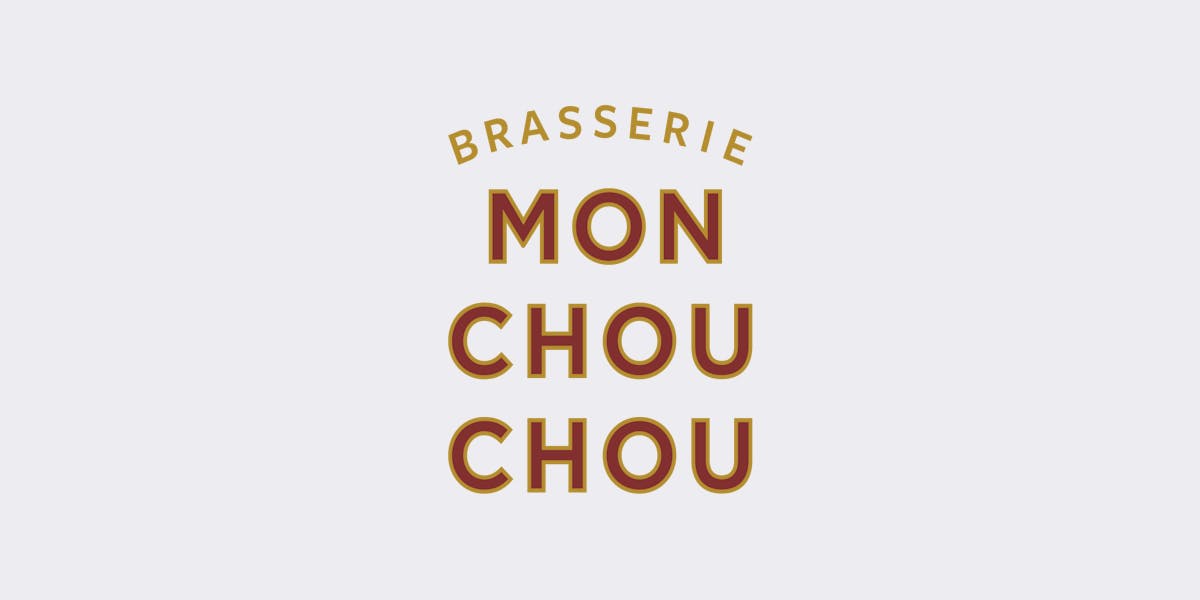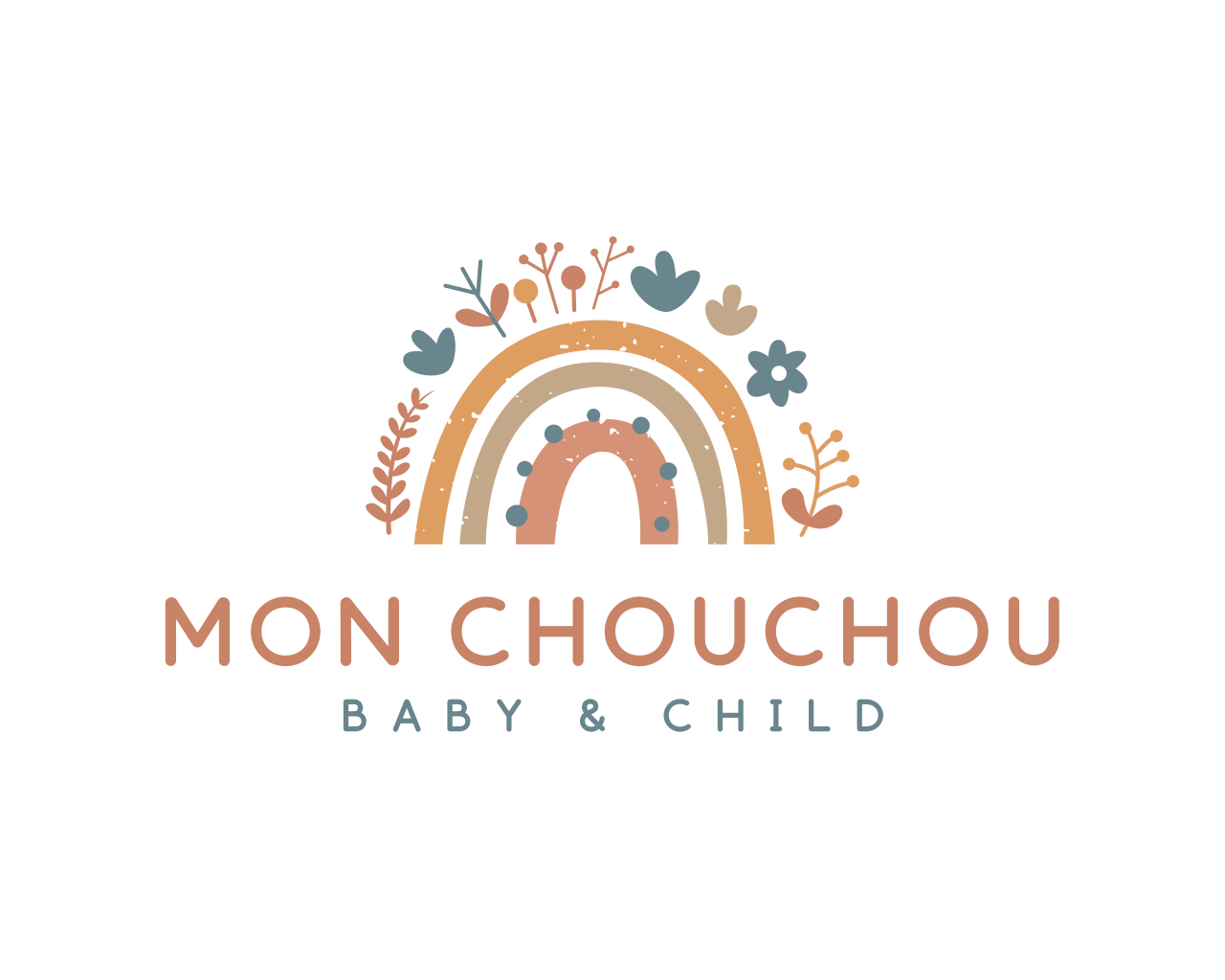Mon Chou Chou: The Ultimate Guide To Understanding The Sweetest French Term Of Affection
Hey there, my fellow language enthusiasts! If you've ever stumbled upon the phrase "mon chou chou" and wondered what it means, then you're in for a treat. This sweet little expression is a French term of endearment that translates to "my cabbage" in English. Yes, you heard that right—cabbage! But don’t let the vegetable fool you; this phrase is far from ordinary. It’s a term brimming with affection and love, and it holds a special place in French culture.
Now, you might be asking yourself, why on earth would someone call their loved one "cabbage"? Well, buckle up, because we’re about to dive deep into the world of "mon chou chou" and uncover its origins, significance, and why it’s become such a beloved phrase. Whether you’re learning French, planning a trip to France, or just want to impress your French-speaking friends, this guide has got you covered.
So, grab a cup of coffee, sit back, and let’s explore the delightful world of "mon chou chou." By the end of this article, you’ll not only understand the phrase but also know how to use it like a pro. Let’s get started!
Read also:Discovering The Legendary Balboa Cafe San Francisco A Timeless Gem
What is Mon Chou Chou?
Let’s start with the basics. "Mon chou chou" is a French term of endearment that literally translates to "my cabbage." But don’t let the literal translation throw you off—it’s not about the vegetable at all. In French culture, "chou" (cabbage) is often used as a cute nickname for someone you care about. Think of it as the French equivalent of calling someone "honey" or "sweetie" in English.
This term is often used in romantic relationships, but it’s also common in familial and friendly contexts. It’s a way to express affection and warmth, and it’s one of those phrases that just sounds adorable when you say it. Plus, who wouldn’t want to be called "my cabbage" by someone who loves them?
Origins of Mon Chou Chou
Now, let’s talk about where this phrase came from. The use of "chou" as a term of endearment dates back to the 19th century in France. During that time, cabbage was a staple food in many French households, and it was often associated with comfort and nourishment. Over time, the word "chou" began to take on a more symbolic meaning, representing something soft, gentle, and loving.
Fast forward to today, and "mon chou chou" has become one of the most popular terms of endearment in France. It’s used across all age groups and social classes, making it a truly universal expression of love.
How to Use Mon Chou Chou in Everyday Life
Using "mon chou chou" in your daily conversations is easier than you think. Here are a few tips to help you get started:
- Start with the basics: Begin by saying "mon chou" (my cabbage) before adding the extra "chou" for emphasis.
- Be mindful of context: While "mon chou chou" is generally a lighthearted term, it’s always a good idea to consider the situation and the person you’re addressing.
- Practice your pronunciation: The correct way to say "mon chou chou" is "mohn shoo shoo." Make sure to roll your "r" sounds if you want to sound like a native speaker.
Remember, the key is to use it with sincerity and warmth. Whether you’re telling your partner how much you love them or just brightening someone’s day, "mon chou chou" is a phrase that’s sure to bring a smile to anyone’s face.
Read also:Schulich School Of Business Your Gateway To Worldclass Education
The Cultural Significance of Mon Chou Chou
In French culture, "mon chou chou" is more than just a phrase—it’s a reflection of the French people’s love for romance and affection. France is often referred to as the "capital of love," and this term perfectly encapsulates that spirit. It’s a reminder that even the simplest words can carry so much meaning and emotion.
Moreover, "mon chou chou" is a testament to the French language’s ability to turn the ordinary into the extraordinary. Who would have thought that a humble vegetable could become a symbol of love? This phrase is a great example of how language can shape our perceptions and relationships.
Mon Chou Chou in Literature and Media
Over the years, "mon chou chou" has made its way into countless books, songs, and movies. It’s often used as a way to convey deep emotions and connections between characters. For instance, in Victor Hugo’s "Les Misérables," the character Fantine refers to her daughter Cosette as "mon petit chou," showcasing the maternal love she feels for her child.
Similarly, in modern French pop culture, you’ll often hear singers and actors using "mon chou chou" to express their affection. It’s a phrase that resonates with people across generations, proving its timeless appeal.
Mon Chou Chou vs. Other French Terms of Affection
While "mon chou chou" is one of the most popular French terms of endearment, it’s not the only one. Here are a few other phrases you might encounter:
- Mon amour: My love
- Ma chérie: My dear
- Mon trésor: My treasure
- Mon ange: My angel
Each of these phrases has its own unique charm and meaning, but "mon chou chou" stands out because of its playful and whimsical nature. It’s a phrase that’s both sweet and fun, making it a favorite among French speakers.
Why Mon Chou Chou is Special
What sets "mon chou chou" apart from other terms of endearment is its ability to evoke a sense of nostalgia and warmth. It’s a phrase that reminds us of simpler times, when love was expressed through small gestures and kind words. In a world that’s often fast-paced and chaotic, "mon chou chou" offers a moment of calm and connection.
Plus, let’s not forget the humor factor. Calling someone "my cabbage" is undeniably funny, and that’s part of its charm. It’s a way to make someone laugh while also letting them know how much you care.
Mon Chou Chou in Romantic Relationships
In romantic relationships, "mon chou chou" is often used as a way to express deep affection and intimacy. It’s a phrase that can make even the toughest person melt with happiness. Whether you’re whispering it in your partner’s ear or writing it in a love letter, "mon chou chou" is a powerful way to communicate your feelings.
But it’s not just about the words—it’s about the emotions behind them. When you call someone "mon chou chou," you’re telling them that they’re special to you, that they bring joy to your life, and that you want to cherish them forever.
Mon Chou Chou in Long-Distance Relationships
For couples in long-distance relationships, "mon chou chou" can be a lifeline. It’s a way to stay connected even when miles apart. Sending a simple text that says "thinking of you, mon chou chou" can brighten someone’s day and remind them that they’re loved, no matter the distance.
Plus, who doesn’t love receiving a cute nickname from their partner? It’s a small gesture that can mean so much, especially when you’re apart.
Mon Chou Chou in Family and Friendships
While "mon chou chou" is often associated with romantic relationships, it’s also a great phrase to use with family and friends. Calling your mom or best friend "mon chou chou" is a way to show them how much they mean to you. It’s a phrase that transcends boundaries and brings people closer together.
Imagine saying "mon chou chou" to your little sister or your best friend who’s having a tough day. It’s a simple yet powerful way to let them know that you’re there for them, no matter what.
Mon Chou Chou in Parent-Child Relationships
In parent-child relationships, "mon chou chou" is often used as a way to express unconditional love. Parents love using cute nicknames for their children, and "mon chou chou" is one of the most popular ones. It’s a phrase that captures the innocence and sweetness of childhood, making it a perfect fit for parent-child interactions.
So, the next time you’re talking to your little one, don’t hesitate to call them "mon chou chou." It’s a phrase that will make them smile and remind them how much they’re loved.
Mon Chou Chou Around the World
While "mon chou chou" is a French term, its charm has spread far beyond the borders of France. People all over the world are adopting this phrase as a way to express affection and love. It’s a testament to the universal nature of love and the power of language to bring people together.
Whether you’re in Paris, New York, or Tokyo, saying "mon chou chou" is a way to connect with others and show them that you care. It’s a phrase that transcends cultural barriers and speaks directly to the heart.
Mon Chou Chou in Different Languages
Interestingly, many languages have their own versions of "mon chou chou." For example, in Italian, you might say "tesoro mio" (my treasure), while in Spanish, "mi amor" (my love) is a popular choice. Each language has its own unique way of expressing affection, but the sentiment behind them is universal.
So, if you’re learning a new language, don’t be afraid to explore its terms of endearment. You might just find a new favorite phrase!
Conclusion: Embrace the Magic of Mon Chou Chou
There you have it, folks! "Mon chou chou" is more than just a phrase—it’s a way of life. It’s a reminder that even the simplest words can carry so much meaning and emotion. Whether you’re using it in a romantic relationship, with your family, or with your friends, "mon chou chou" is a phrase that will always bring a smile to someone’s face.
So, go ahead and embrace the magic of "mon chou chou." Use it freely and generously, and watch how it transforms your interactions with others. And don’t forget to share this article with your loved ones—it’s a great way to spread the love!
Until next time, take care, mon chou chou!
Table of Contents
- What is Mon Chou Chou?
- Origins of Mon Chou Chou
- How to Use Mon Chou Chou in Everyday Life
- The Cultural Significance of Mon Chou Chou
- Mon Chou Chou in Literature and Media
- Mon Chou Chou vs. Other French Terms of Affection
- Mon Chou Chou in Romantic Relationships
- Mon Chou Chou in Family and Friendships
- Mon Chou Chou Around the World
- Conclusion: Embrace the Magic of Mon Chou Chou



